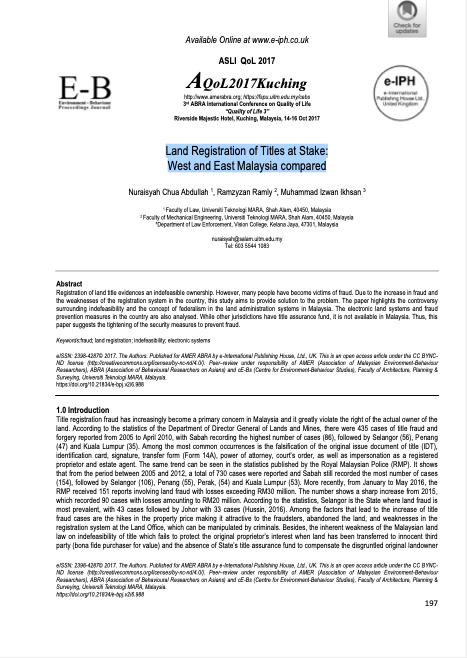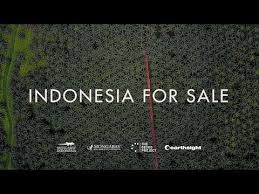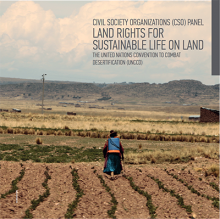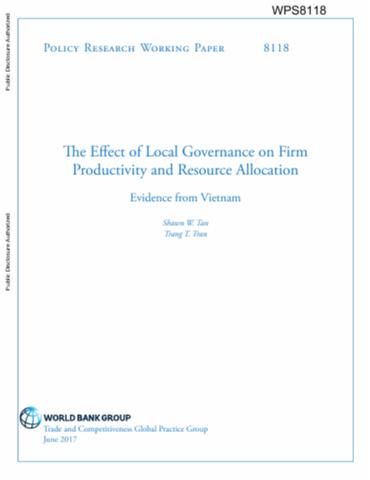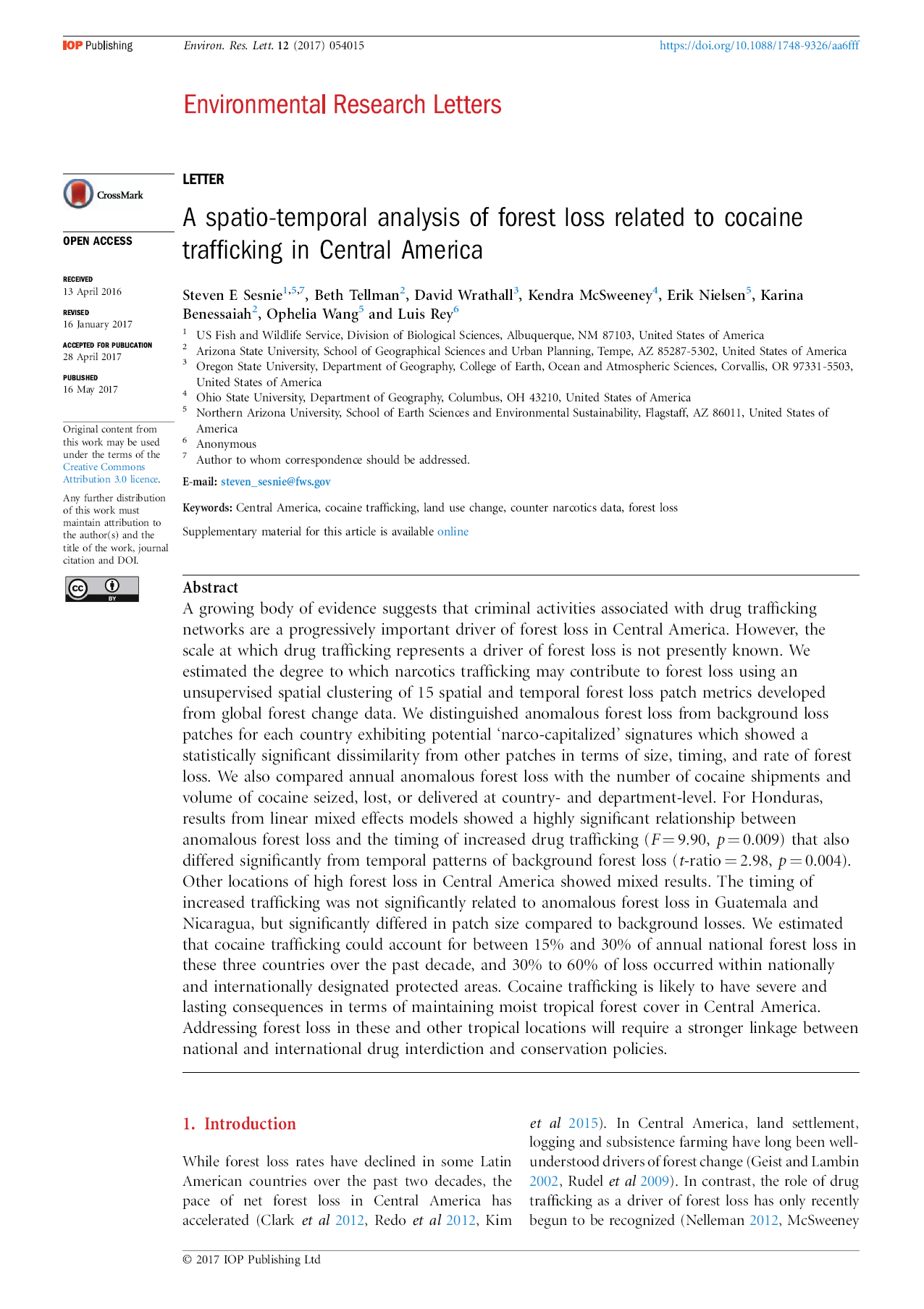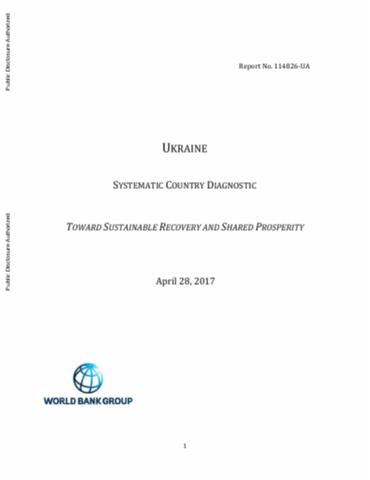Rural Land Management in Bangladesh
Based on a theoretical discussion from global perspective the paper describes present rural land administration and management structure in Bangladesh. Bangladesh is a land scarce country with high-density population. As most of the people live in rural areas and depend on agriculture and allied activities, proper rural land management is crucial. The paper presents an overall view of rural land management in Bangladesh and reveals that the current land management system is almost obsolete. Land administration system is conventional and characterised by inefficiency and corruption.



